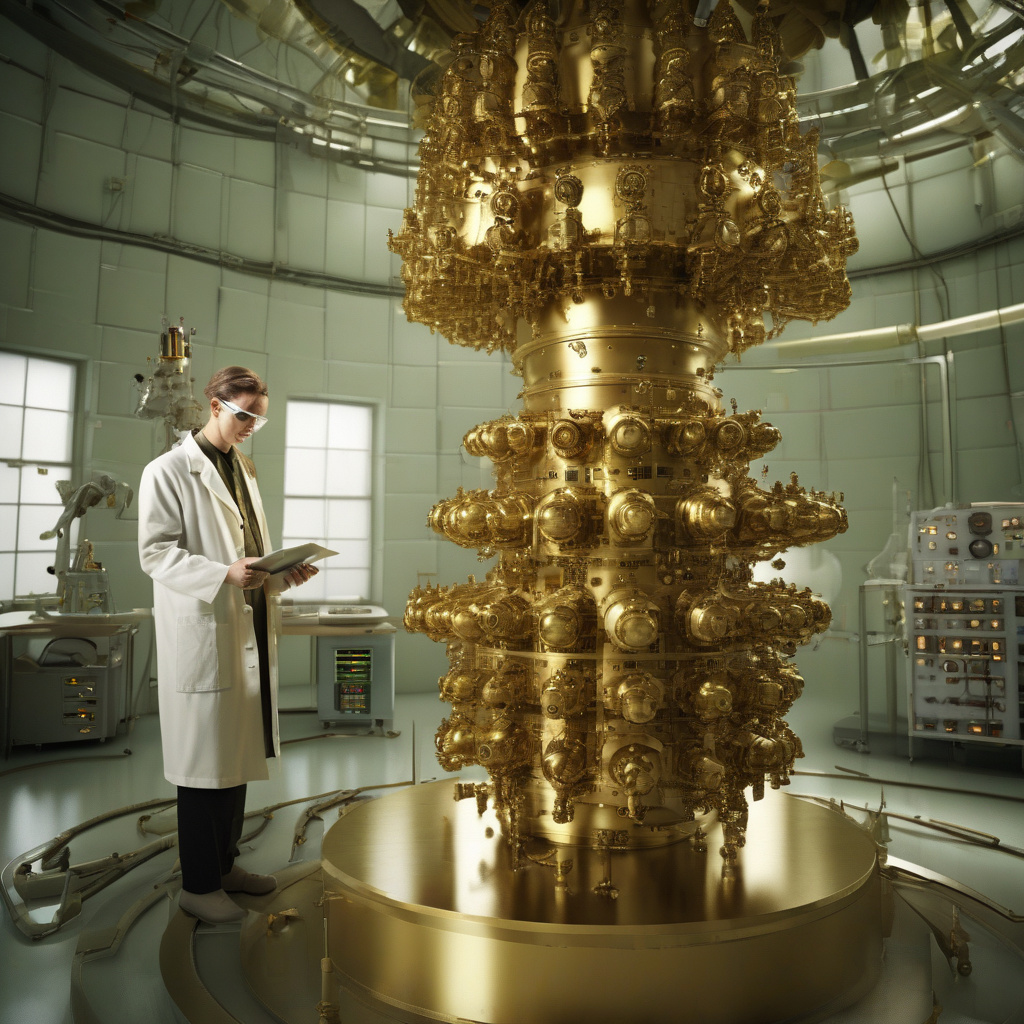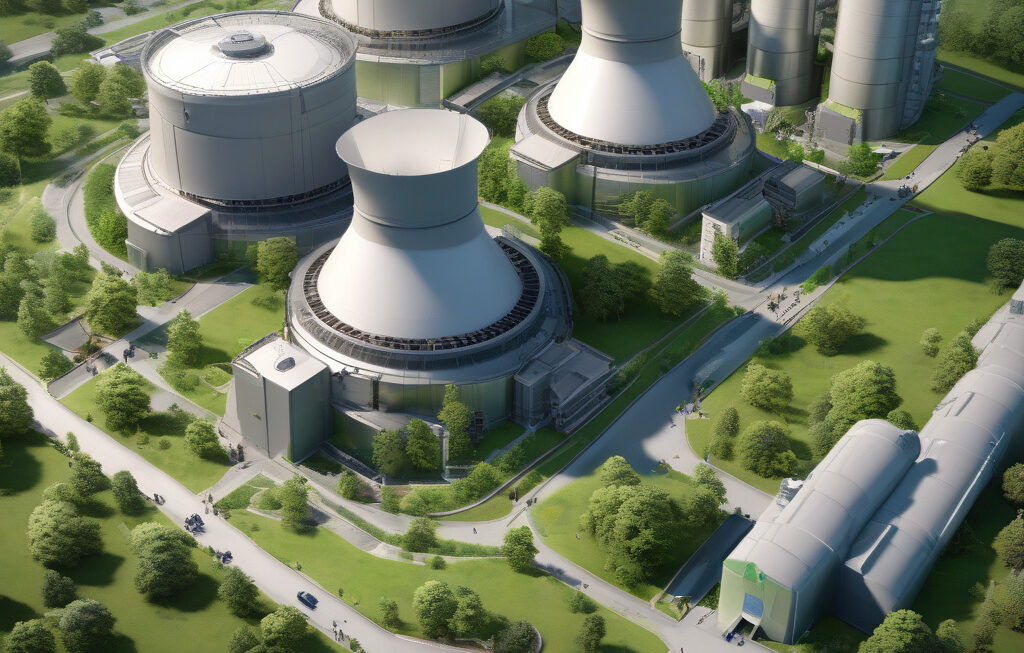Turning Mercury into Gold? Nuclear Reactor May Revive Ancient Dream of Alchemy
Ever since the discovery of alchemy, or since humans thought gold was a precious object, there has been a fascination with the idea of turning base metals like mercury into gold. While alchemy is often viewed as a mystical and pseudoscientific pursuit, recent advancements in nuclear technology have brought this age-old dream back into the realm of possibility.
One of the most promising methods for transmuting mercury into gold involves the use of nuclear reactors. This process, known as “nuclear alchemy,” relies on the principles of nuclear physics to transform one element into another. While traditional alchemists sought to achieve this transformation through magical means, modern scientists are harnessing the power of nuclear reactions to accomplish the same feat.
The key to turning mercury into gold lies in the process of nuclear transmutation. Nuclear reactors bombard mercury atoms with neutrons, causing them to absorb additional particles and undergo a series of nuclear reactions. Through this process, the atomic structure of the mercury is altered, ultimately resulting in the formation of gold atoms.
While the concept of nuclear alchemy may sound like something out of a science fiction novel, it is firmly grounded in the principles of modern physics. Nuclear transmutation is a well-established phenomenon, with scientists having successfully converted one element into another in laboratory settings. By scaling up this process and optimizing it for efficiency, researchers believe that it may be possible to produce gold from mercury on a larger scale.
In addition to the allure of turning mercury into gold, nuclear alchemy holds promise for addressing pressing environmental concerns. Mercury is a highly toxic substance that poses significant risks to human health and the environment. By transmuting mercury into gold, scientists could not only potentially create a new source of valuable precious metal but also mitigate the harmful effects of mercury pollution.
Furthermore, the ability to convert mercury into gold could have far-reaching implications for the field of nuclear energy. As researchers continue to explore alternative sources of fuel for nuclear reactors, the prospect of using mercury as a raw material for gold production could open up new possibilities for sustainable energy generation.
While the idea of nuclear alchemy may still seem like a distant dream, ongoing research and technological advancements suggest that it could one day become a reality. By combining the ancient quest for turning base metals into gold with the power of modern nuclear science, scientists are pushing the boundaries of what is possible and redefining our understanding of alchemy in the 21st century.
In conclusion, the idea of turning mercury into gold through nuclear alchemy represents a fascinating intersection of ancient mysticism and cutting-edge technology. While the practical applications of this process are still being explored, the potential benefits for both the environment and the energy sector are undeniable. As scientists continue to unlock the secrets of nuclear transmutation, the dream of alchemy may finally be within reach.
alchemy, nuclear reactor, transmutation, modern physics, environmental sustainability












